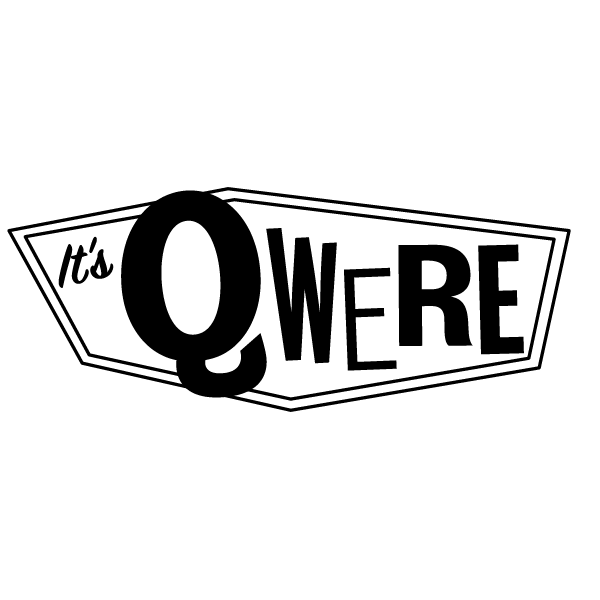Family dynamics and spirituality were talking points during the Oakland session of HEAR+QWERE. Held in Oakland LGBTQ Community Center, a volunteer-run organization that opened summer 2017, a group of 12 met to discuss our ethnic queerdom.
After introductions, we explored what it means being queer in 2018.
"Being queer is like being X-Men superheroes coming together," said one attendee. "We all have our story and struggle, and we're better collectively."
We talked about inspirations and the people who inspired our young queer selves. Someone had a flamboyant elementary school teacher, another had a best friend's mom who created a safe space.
"Walter Mercado was this astrologist that came on the Spanish news, telling you about your zodiac," someone shared. "I remember connecting with that as a kid. He was like Liberace. I remember thinking 'Who is this person and why is he so fabulous?' I remember his outfits and the theatrics of it. It was really powerful."
“In a very conservative household, I had to lock my door just to draw comics. I wouldn’t draw men, I could only draw these fabulous women.”
One attendee had a breakthrough about a relationship from their youth.
"I’m thinking about my and my mom's hairdresser. She was engaged to a man. Later, I went to her and she’d broken off her engagement and had began dating a woman. They were so awesome together.
"I come from a conservative Latin background," they continued. "My uncle very flamboyant and gay and I saw how he was treated. I fell in love with a woman as a married woman. [My husband and I] have a family, but I’m not straight at all. My hairdresser was in love with a man, then chose a woman after. I never realized that was an influence I had and never thought that would influence my story."
While watching an episode of the Netflix mini-series What Had Happened Was, I learned about "code switching" and thought it was the perfect topic to bring to our HEAR+QWERE conversation. Some attendees had heard of this term and experienced using it to their advantage. Others had never heard of the term or thought of "code switching" as a skill.
"I grew up coded in alpha male, Alaska," one attendee said. "From a young age I had to tamp down my queerness. I loved to draw as a kid in a very conservative household. I had to lock my door just to draw comics. I wouldn’t draw men, I could only draw these fabulous women. That’s indicative of how closeted and guarded I had to be growing up."
Another attendee shared how code switching helped them navigate life.
"I grew up in Georgia as a poor black kid with immigrant parents," they shared. "We were raised to be American and demonstrate what it means to be an American. Follow the kids around you, do what they do, say what they say, learn American music. I’ve played the game and have been able to earn relationships and accolades and achieve success."
“In the barbershop I don’t code switch out of respect for myself. As an adult and a consumer, you need to make it safe for me, not the other way around. Haircuts are $60!”
"I didn’t know the term Code Switching, but I didn’t consider it a skill. It’s not a skill if it's instinct," said an attendee. "I do it all the time as one who’s gender is 'vaguely whatever.' I've been she-her’ed and he him’ed in the same interaction. I’ve been jumped in a bathroom twice, had the cops called on me in the bathroom. I’ve figured out which clothing I wear dictates which bathroom I go into. After I got jumped the first time, I just decided, 'Fuck it which line is the shortest?'"
HEAR+QWERE is a conversation series that explores culture and media representation within the LGBTQ’s ethnic spectrum. Through open-ended questions, independent San Francisco journalist Tony Taylor invites a dialogue about experiences, challenges, and inspirations in relation to our ethnic queerdom.
The next HEAR+QWERE forum happens at Mi Centro in Los Angeles on Thursday, June 7th at 8pm.




